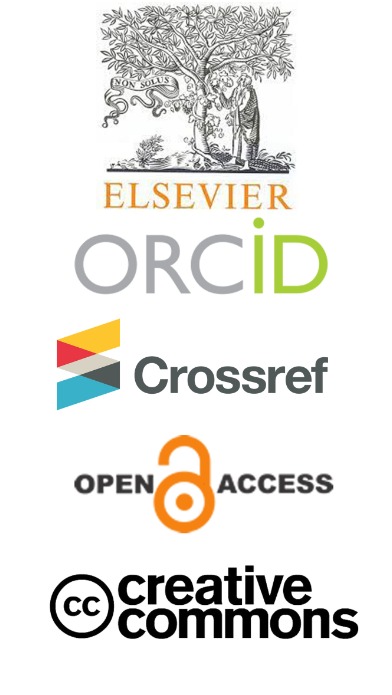POLICIES IMPLEMENTATION BY PESANTREN EFFECTIVE SCHOOLS TO ACHIEVE EXCELLENCE IN MORALITY AND GENERAL SCIENCES: A CASE FROM INDONESIA
Keywords:
Pesantren effective school; effective schools; religion; educationAbstract
Pesantren plays an essential role in meeting Indonesia's national education goals.
Pesantren-based school is developed to achieve excellence to improve the quality of education.
This study aims to analyze the policies implemented by two pesantren schools in Jombang,
Indonesia, to gain one of the schools' goals: creating students with good academic abilities and
religion-based morality. This research applies qualitative methods with a case study approach,
and the data collection process uses interviews and observation. The analysis is based on
Lezotte’s seven correlates of effective schools. The results show that the policies'
implementation integrated religion, science, and technology in the learning process. In other
words, the two schools well implemented the seven correlates which resulted in the
achievement of the school’s goal. The students in the two pesantren schools possessed high
academic ability and good Islamic morality.



